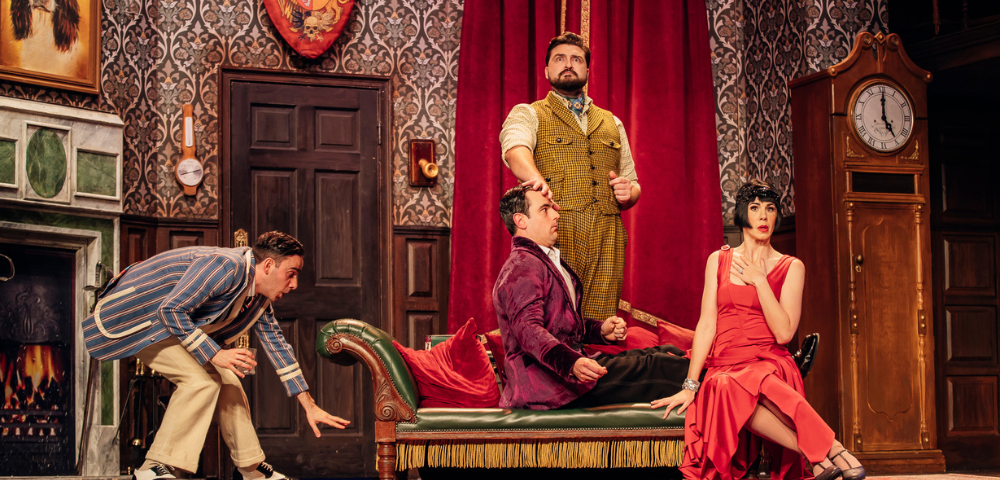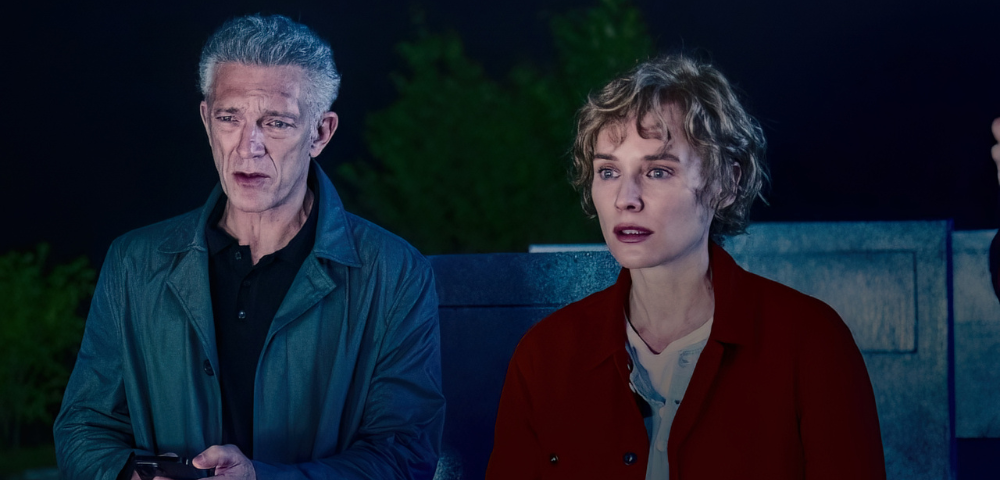
Babylon – REVIEW

By MARTIN FABINYI
Damien Chazelle’s 2016 ode to Hollywood, La La Land, won Oscars for himself and lead Emma Stone. His new film, Babylon, shows the flip side of the dream factory pretense in a blaring, over-the-top three-and-bit-hour debauchery of projectile vomiting, defecating, urinating, coke-snorting, and rat-eating freaks set against the tapestry of 1920s Hollywood, when, according to the filmmaker, movies were made up as they went along.
The movie starts on a high note with a closeup of the anus of an elephant shitting into the camera. It’s being brought to a bacchanalian party at a studio executive’s mansion.
Here we discover Nellie LaRoy, an aspiring star from New Jersey played by the always radiant Margot Robbie, who talks her way into the party and onto the silent screen, becoming a famous face along the way.
As always in films about this era of Hollywood, there’s the amoral gossip columnist Elinor St. John, played by Jean Smart, who witnesses the rise and fall of silent movie stars including Jack Conrad, played by Brad Pitt in his usual casual and charming manner.
Manny Torres (Diego Calva), acts as the protagonist who manages to stay afloat throughout the film when the rest of the characters either shoot themselves, die early (presumably from a massive cocaine overdose) or end up victims of gangster James McKay (Tobey Maguire).
And then there’s the lesbian cabaret singer Lady Fay Zhu (Li Jun Li) whose suggested affair with Nellie is cause for concern for the studio execs as the excesses of the ’20s move into the more staid 1930s.
Films about the filmmaking process tend to lose sight of themselves and filmmakers presume there’s an audience keen to know the intricacies of the filmmaking process, which is invariably not true (major exceptions include The Player, Bowfinger and Mulholland Drive).
Babylon manages to avoid this trope by creating a world mainly outside the studios (although there is one sketch where Nellie must cry on cue over and over while hitting her mark for the microphone in the early days of sound. The scene manages to create the boredom of film sets quite accurately.
Chazelle creates extraordinary images of the early days of filmmaking with scenes of battlegrounds complete with countless extras (apparently no CGI was used), seamless production design and costumes, and a fine sense of comedic action.
Along the way Margot Robbie shines in her role as the addicted Nellie LaRoy, bringing humour and compassion to the role, and Diego Calva, who plays Manny Torres as the guy trying to keep it all together, is a true find, an exceptional Mexican actor best known for starring in the crime drama television series Narcos: Mexico.
Also on board for the ride are Australians Phoebe Tonkin playing actress Jane Thornton, who overdoses on drugs during a urolagniac act with obese actor Orville Pickwick at the opening bacchanalian party, and Samara Weaving as Constance Moore, a rival actress to Nellie.
If this sounds like a movie stuffed with grotesque acts and human carnage it should be noted that the filmmakers claim this work is a reflection of what actually went on in the early days of Hollywood. They must have been exhausting, which is how it felt watching a film that finally outstays its welcome and ends up in a 2001: A Space Odyssey whirlwind of images spanning the history of cinema in the fevered mind of Manny Torres.
★★★
In cinemas now.









